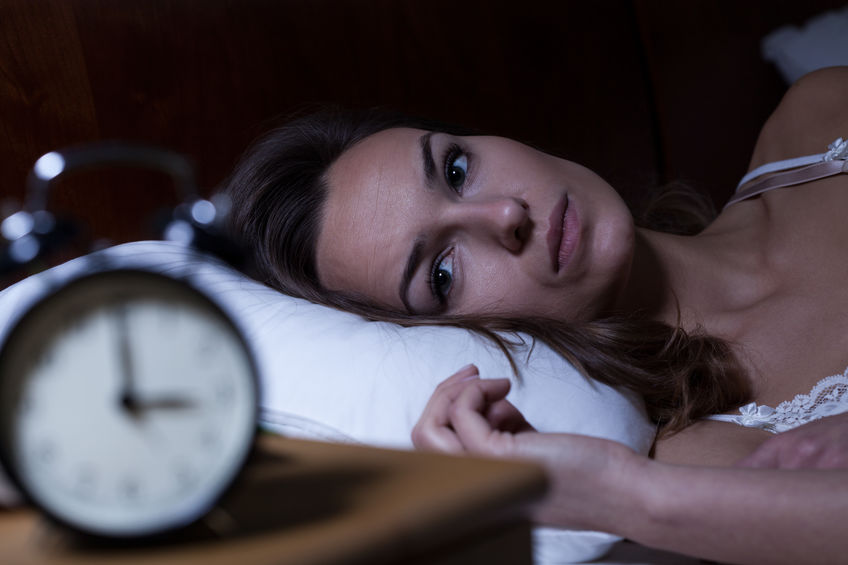The stages of sleep are divided into four main categories. When you fall asleep, it is not a guarantee that you will pass through all four. In fact, many people don’t. It is the hope, however, that someone sleeping will.
Stage 1
Stage 1 is when you drift from an awake state to being asleep. This is a very light stage of sleep, lasting very short. However, for some people, this is the most difficult stage to take them to a sound sleep. Reasons can be that they watch some horrible movies, play computer games, or just use electronic devices heavily before falling asleep. Try to avoid these for a good sleep. You may begin dreaming as you transition to the next stage.
Stage 2
Stage 2 is still light sleeping but is more stable and steady than the initial stages of sleep. Your breathing and heart rate slow down a bit, the muscles begin to relax, body temperature decreases, and your brain waves become less active. This period is essential and should not be disturbed by outside sounds and brightness. If you always have a light sleep and wake up three or four times over a night, earplugs and eye mask can help you stay away from the noise.
Stage 3
Stage 3 is the start of deep sleep time. You are just starting to enter a deep sleep. This is where your breathing, heartbeat, temperature, and brain waves start to reach their lowest levels. Everything’s extremely relaxed and someone in this stage can prove difficult to wake up. The time period of deep sleep is always used to measure the quality of sleep.
Stage 4
Stage 4 is considered the ‘healing stage’. This is when tissue grows and important repairs in the body happen. Hormones get released to do what they need to do. Cellular energy is restored. Various other processes take place while you are very relaxed. For individuals with deep sleep disorders, they don’t reach this stage which evidently can cause a number of problems.
What’s REM sleep?
REM is the abbreviation for rapid eye movement. REM sleep starts 1.5 hours after you fall asleep. It re-occurs every ninety minutes. Your eyes move quickly and your brain waves begin to look similar to as if you were awake. The whole body reaches near-awake levels of activity. This is where you are most likely to experience dreams. Deep sleep is more about the body, while REM sleep is associated with the brain.
How much deep sleep do you need?
As you age, you require less deep sleep. The average amount of deep sleep an adult receives based on eight hours of sleep is between 62 and 110 minutes total, equals one to two hours for an average adult. A deep sleep supplement assists in reaching and maintaining this standard. Here is a little of what deep sleep does. If you find yourself have low-quality of sleep for many nights, try New Nordic Melissa Dream Tablets, which is a herbal medicine containing melatonin to clam your mind and body.

- Memories consolidate.
- Blood sugar levels balance.
- Metabolism balances.
- Immune system re-energizes itself.
- Emotional learning happens.
- Physical recovery occurs.
- The brain detoxifies.
Sleep is like nature’s ultimate supplement. It does so much to the body. This is why when there’s insomnia, it can be so affecting. A lack of sleep affects so many different functions in the body. For the sake of one’s mental, physical, and emotional health, it is integral to get the correct amount of sleep every night.
For deep sleep supplements, insomnia cures, and sleep assistance items, visit Lierre.ca today, . Correcting negative sleep patterns does a lot of good. Look better. Feel better. Be better. Lierre.ca’s your answer.


